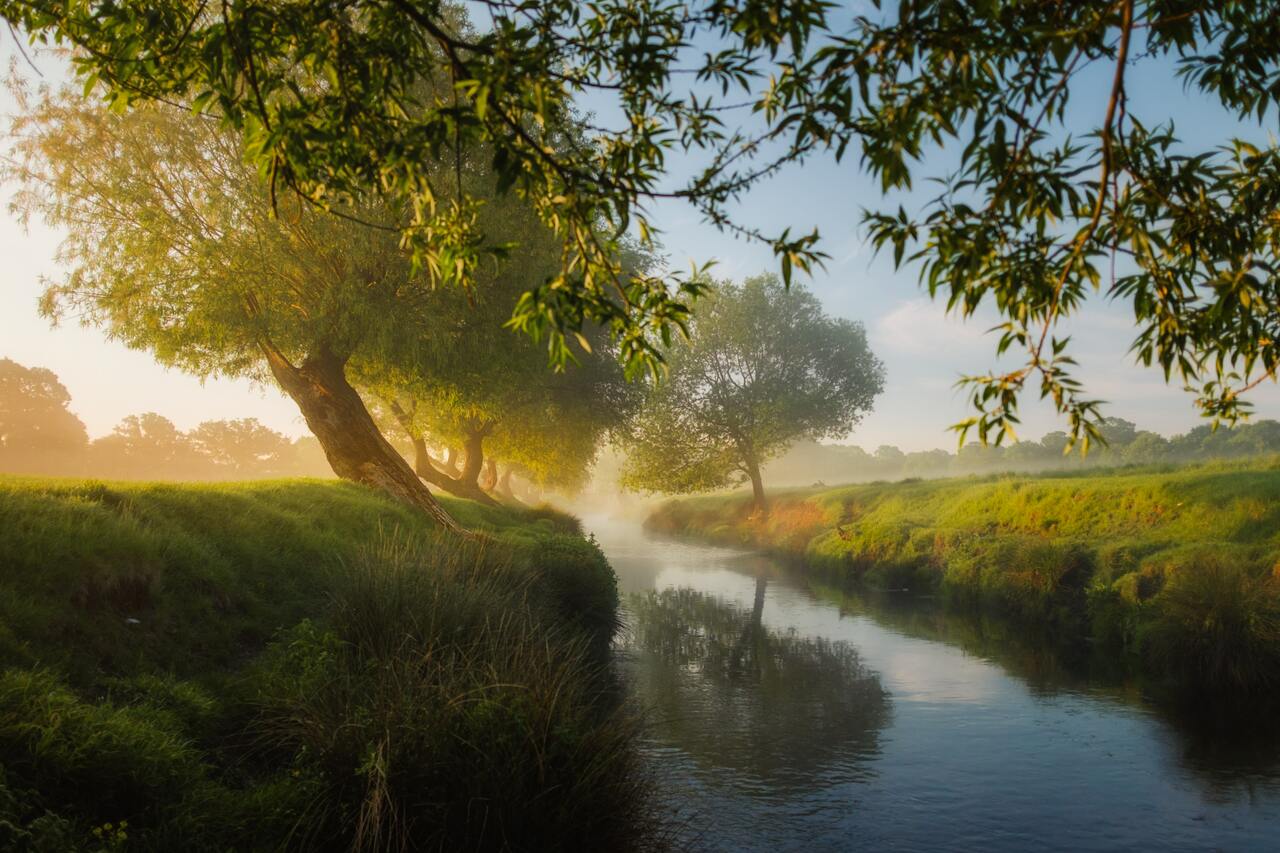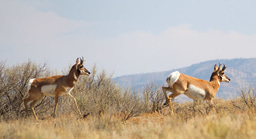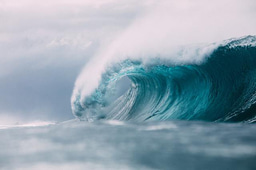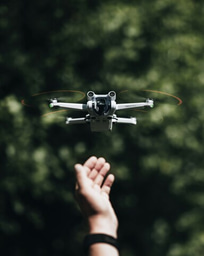WildHub conservation community is the key for creating solutions that will ensure a better future for all

The COVID-19 pandemic has stopped a lot of activities but it has been amazing to see our global movement come together through the WildHub conservation community. We are very proud of our work, this is why; we came together and in solidarity are addressing the challenges of sustainable development through education and learning, and green recovery by promoting conservation of wildlife and their habitats. Today we want to continue this journey together with you. In my experience, the WildHub conservation community focusses on economic, social and political inclusion, based on the "leave no one behind" principle. Alan is my best friend within our community. Alan's conservation career started in 1992 when he helped set up and joined a University expedition to the Bolivian Amazon. What started out as a 3-month experience ended up being a life-changing inflection point that set his professional and personal course to the present day. His conservation experience was built bottom-up and hands-on, and includes field data collection and logistics, grassroots organisation leadership and project management, community engagement and capacity building, M&E, training and behaviour change, and lately climate education through authorship of graphic novels and other resources.
Conservation Communications Consultant, BirdLife International, Alan J. Hesse ( AH) together with WildHub core community member Ussi Abuu (UA) are working together and in solidarity to achieving environmental global goals and find new and unique opportunities to learn from each other. Climate change is one of the greatest challenge that we face on our beautiful planet earth, so I'm coming together with Alan to continue this journey for people and planetary health. Here is the part of our story.
👨💻 UA:(1). Why do you want a career as a Conservation Communications Consultant at BirdLife International? How can environmental justice be improved?
👨💻AH:(1). My position with BirdLife is only temporary, as a consultancy. It's the first time I got hired to do communications, even though I actually have been doing comms for conservation for decades. I believe communication is key for effective conservation, because conservation is always about people, and people communicate. Environmental justice can be improved by making sure different stakeholders have a voice - this again is a role for communication.
👨💻 UA:(2). What have you done in past situations to contribute toward a teamwork environment?
👨💻 AH:(2). I have worked in teams throughout my conservation career. Specifically one action I have done in the past to build team spirit is to share what I learned from a 2 week course on climate change and water adaptation to my team in my office afterwards. No one on my team knew anything about these subjects, so I made sure I gave them a presentation about it when I got back from my course.
👨💻UA. Tell me about your education. How has it prepared you for a career as a Conservation Communications Consultant?
👨💻AH. My education is both formal and informal. Formal = BSc in Zoology and Physchology; MSc in Conservation Biology. Informal = nearly 30 years practising conservation in the field with real people, real stakeholders, communities, indigenous groups, local farmers, landowners, local governments etc. All of this has prepared me with a lot of experience and understanding about why people do what they do, and how that can affect biodiversity, and what we as conservationists need to do to help change the drivers of biodiversity loss. It's always about understanding people - their motivations, beliefs. And including them in the equation for solutions, bottom-up.
👨💻UA:(3). What motivates you as a member of the WildHub conservation community?
👨💻AH:(3). The WildHub community motivates me because it's a bunch of very different people from all over the world who all believe in the same things. We all believe that mankind has a place in nature, not as a separate entity but as a part of it. We all believe all humans have the responsibility to take care of nature, we all believe in conservation.
👨💻UA:(4). For someone that wants to be a leader in conservation, what are the top 3 lessons you can share with us?
👨💻AH:(4). #1 is how important communications is to any conservation initiative. Without communications it won't work, because conservation is not the same as research. Conservation is about people and their problems. #2 is that communications is a lot more complex than I previously thought. First I thought communications would be very easy, intuitive, not something you really need to prepare for. I was wrong! Communication is a full time job. #3 is that most problems can be solved with good communication. Things like active listening, assertive communication keeping things positive, showing leadership. All of that comes into it.
👨💻UA:(5). Do you know about the 2030 Agenda for Sustainable Development, adopted by all United Nations Member States in 2015?
👨💻AH:(5). I know about the SDG but not the 2030 agenda specifically.
👨💻UA:(6). If the answer is yes, how can sustainable environmental global goals be improved?
👨💻AH:(6). I can still answer this question anyway: the SDG can be improved if they take into account multiple sectors and move away from the traditional top-down approaches built on the colonial mind set. Also, like conservation itself, the agenda for the SDG needs to incorporate the private sector (businesses). Doing things sustainably needs to make economic sense. Profit can be good for nature. We need to debunk this myth that profit and capitalism only destroys nature: it all depends on who is doing what and what motivates them. Without understanding this, we are just going around in circles.
👨💻UA:(7).What issues does environmental justice focus on?
👨💻AH:(7). I am not an authority on environmental justice, but the issues I am aware of include access to water, protection from the effects of global warming for minority / marginalized groups, e.g. Afroamerican communities in the US. Also the effects of certain energy infrastructure on human health. Pollution of developing nations being sent electronic waste from developed nations. The effects on local communities from mining, oil extraction and deforestation for commercial interests in the Amazon and other parts of the world. Land grabbing and destruction of traditional indigenous rangelands and livelihoods in the Amazon and East Africa, among other places. I also believe wildlife is a victim of environmental injustice: over fishing, shark finning, habitat destruction, poaching, etc. The list is endless.
👨💻UA:(8). What are two social issues that could lead to environmental injustice? What are some examples of environmental injustice?
👨💻AH:(8). I have already given some examples of environmental injustice in #7. One social issue that contributes to environmental injustice is lack of education for girls in many developing nations. Another one is over consumption of certain goods in developed nations, that leads to environmental injustice on the other side of the world: e.g. over consumption of beef in Europe or the US using certain types of beef imported from Brazil may be feeding the demand fuelling yet more deforestation in the Amazon, which directly inflicts environmental injustice on the indigenous tribes living there, as their lands are grabbed and destroyed to put more cattle pasture.
👨💻UA:(9). INVITATION. How to bring people into UN 2030 agenda?
👨💻AH:(9). Communication! Seek innovative ways to communicate about the 2030 agenda. Bring the SDGs into mainstream education and entertainment. Make animated movies about them, that are also fun and entertaining. Make sure all the schools in the world study the SDGs.
Please check out Alan's youtube channel for his videos on climate education, conservation and sustainability'. The link is: https://www.youtube.com/channel/UCOwqvoU6E118sCHMcVFILVg?view_as=subscriber
If you enjoy this article please share it with your friends and colleagues





Please sign in or register for FREE
If you are a registered user on WildHub, please sign in
Thank you Ussi for interviewing one of WildHubs' newest members, the conservation cartoonist and educator, Alan Hesse. Well done.
Thanks Ussi for bringing your article to life! It was a pleasure working with you and I look forward to doing more.
Great to heart his communications piece Ussi and so interesting to learn more about your background Alan!